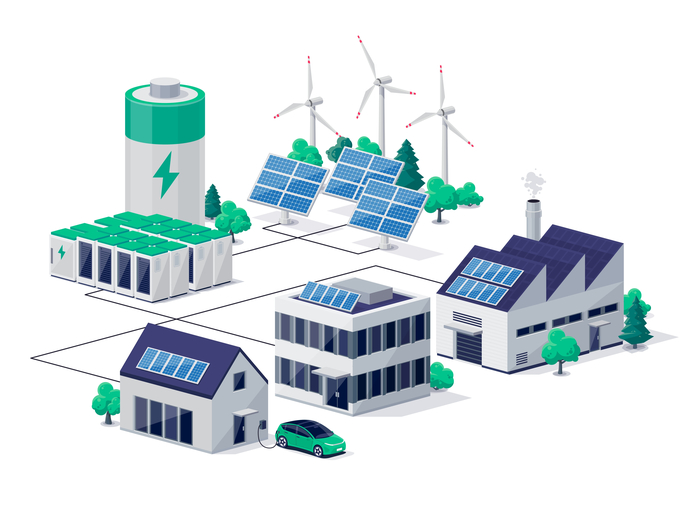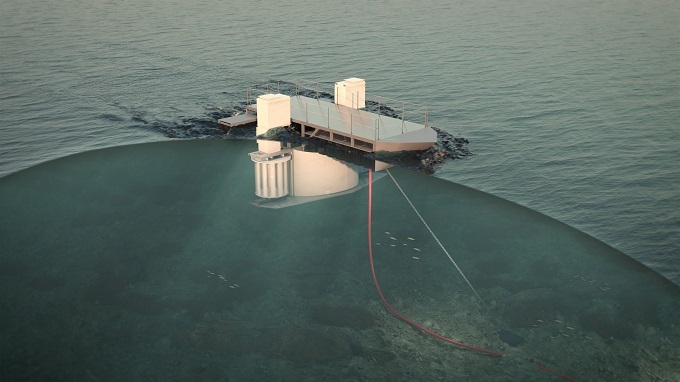Keeping Europe’s homes heated and cooled sustainably
Many buildings across Europe consume vast amounts of energy in both heating and cooling. Air conditioning systems are often inefficient and can be harmful to the environment if they depend on electricity that is generated from fossil fuels. The EU-funded Hybrid-BioVGE(opens in new window) project created a new heating and cooling system based on renewable energy. The technology harnesses heat from the sun and biomass, and intelligently monitors itself to deliver a more efficient and affordable solution compared to competitors. “The project results help to break down existing technological barriers of solar and biomass small-scale space heating and cooling systems, such as high complexity, lack of demonstration sites and lack of hands-on data under real operating environments,” says Szabolcs Varga(opens in new window), coordinating researcher at the Institute of Science and Innovation in Mechanical and Industrial Engineering (INEGI)(opens in new window) in Porto and Hybrid-BioVGE project coordinator.
Hybrid heating and cooling
The Hybrid-BioVGE system runs on two alternative energy sources: solar heat and biomass heat. This makes it able to provide both indoor space heating during the winter, and cooling in the summer. It requires very little electricity to run, as heat from the sun is the primary source of energy and biomass is only used as a backup. To achieve high solar efficiency, the team developed an innovative phase change material thermal energy(opens in new window) system to store heat. Intelligent control systems also help to monitor the equipment to ensure higher efficiency. “A multi-fuel biomass boiler is capable of reliable operation with low emissions using different, locally available biomass fuels,” explains Varga. “The technology we developed through the Hybrid-BioVGE project delivers considerably lower levels of emissions than state-of-the-art boilers for wood pellets, chip straw and miscanthus(opens in new window) fuels.”
An advanced year-round system
In the summer, the technology converts heat into cold to cool indoor spaces. “Our results indicated that the developed ejector cooling system performs considerably better than conventional ones,” notes Varga. “Performance improvement can be as high as 100 %.” The team gathered important results during the project on both component and system levels. Solar thermal collectors were developed to meet the higher temperature levels required to run the chiller, while reducing cost to around EUR 0.45/W of heat. The fuel flexibility of the biomass boiler was developed beyond the state of the art. The team also incorporated cold storage capabilities into the system and successfully tested them. “A modular control system was implemented with cloud data storage and web-based real-time monitoring capabilities,” Varga adds.
Building on from prototypes
The team developed three operational Hybrid-BioVGE prototypes. One was tested in a specifically designed hardware-in-loop platform, while the other two were monitored through real-world operations, in Steyr, Austria and Porto, Portugal. “Without the EU contribution, the project could not have raised the right resources to carry out the planned work,” explains Varga. The partners will intensify the publication of project results in the short term. Several scientific papers are being written using the experimental findings and simulation data. The performance of the Hybrid-BioVGE system was not as good as expected during the cooling season, however the underlying issues were identified following discussions. “Performance testing will be continued with one prototype during the next summer period,” says Varga. Some of the Hybrid-BioVGE components, the biomass boiler for example, should be brought to the market in the next few years.







